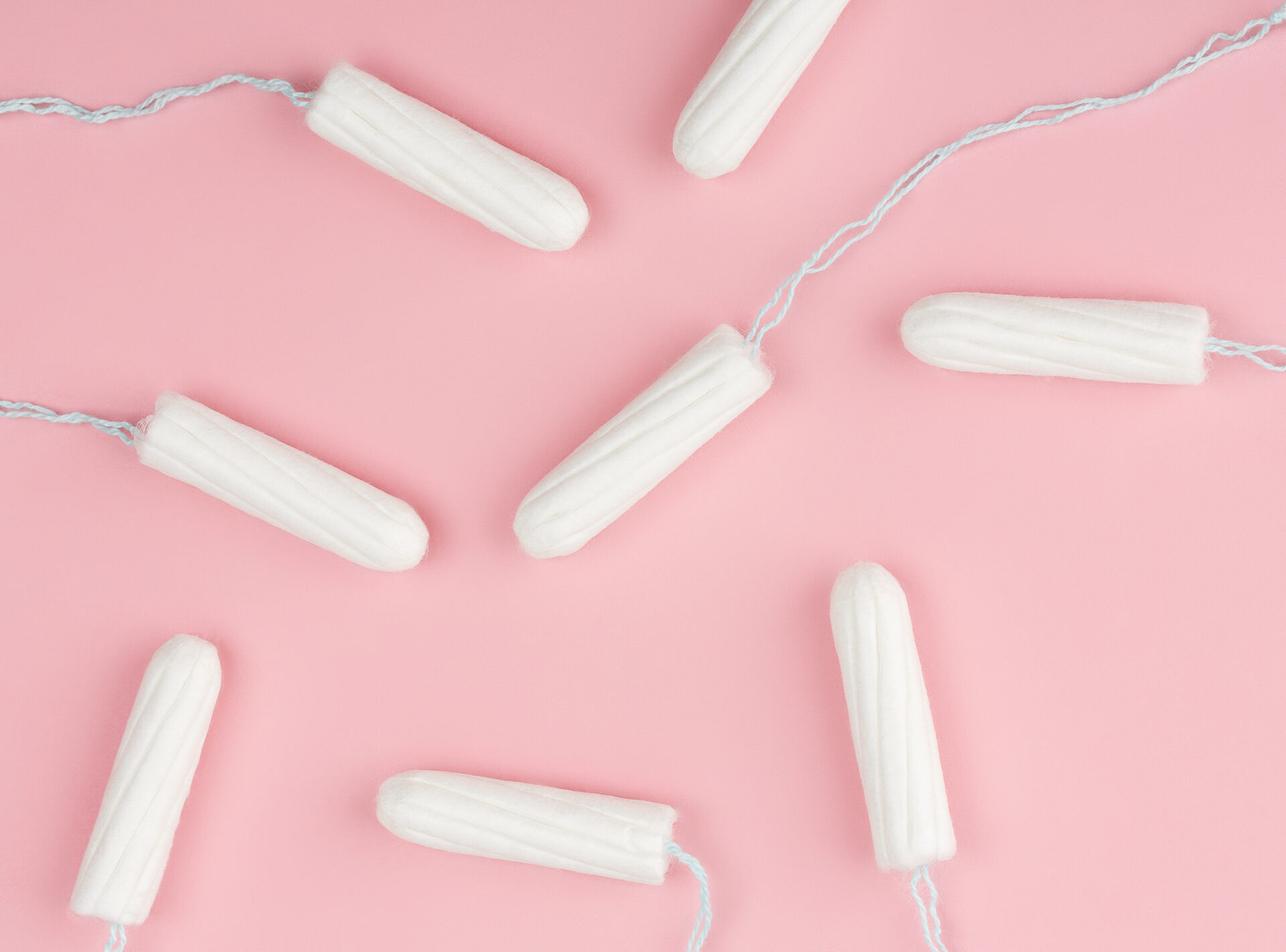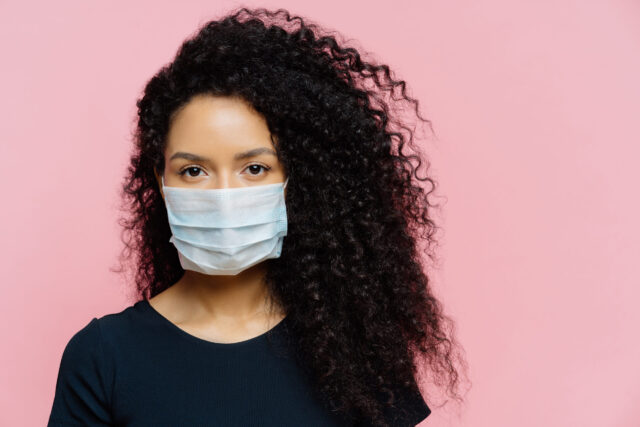New Study Finds Toxic Metals in Tampons

A study to be published in Environmental International, a scientific journal, claims that toxic metals have been found in tampons made by prominent brands sold in various countries.
Menstrual cycles are a normal part of women’s health. They typically are signs of good physical condition and normal body function. That being said, they aren’t fun to deal with. Periods can bring some not-so-great symptoms like heavy bleeding, cramps, headaches, bloating, fatigue, mood swings, and more. Birth control, pain medication, pads, tampons, and DivaCups can help maintain these symptoms.
As a part of the study, metals arsenic, barium, calcium, cadmium, cobalt, chromium, copper, iron, manganese, mercury, nickel, lead, selenium, strontium, vanadium, and zinc were all found in at least one sampled tampon.
Gynecologist Colleen Krajewski, the director of the Center for Contraception and Family Planning at UPMC Magee-Women’s Hospital in Pittsburgh, expressed that even though the study doesn’t say how metals are absorbed in the body, “many heavy metals, like lead or arsenic, have no completely safe levels.”
just incase you guys haven't heard yet, tampons from multiple companies including large ones like playtex, kotex, tampax, and always have tested positive for a large amount lead, arsenic and other toxic metals (in pic) so if you're using tampons i would switch immediately pic.twitter.com/ZZ9LpBxVtY
— sea (@forparkhwa) July 10, 2024
That being said, vaginas are very sensitive, and the vaginal mucosa has a large surface area that is permeable which means things can be absorbed through the vagina very quickly. According to the World Health Organization, exposure to metals like lead can harm the brain, nervous system, and kidneys.
Health products like tampons and pads are considered medical devices, which means the FDA controls them, so it is incredibly concerning that this is being discussed even though they’re approved products.
Such is not the first time women’s healthcare hasn’t been taken seriously. It’s hard to say what to do next, as organic and non-organic products have posed a threat. More research must be done to determine what tampon users should do. However, until then, check out the study and be wary of the products you buy to keep yourself safe.





